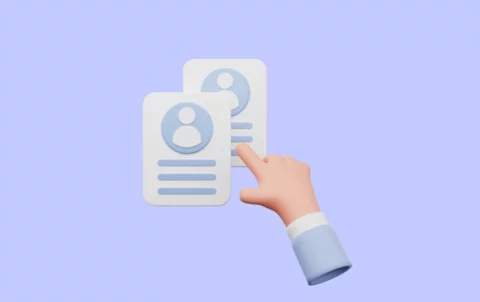© 2025 Next Level Business Services Inc. All Rights Reserved.
The rise of soft skills in the recruitment process
By Gaurav Seth
Why has it become essential to assess soft skills during the recruitment process?
In the 21st century, where digital transformation and technological convergence are running the matters, it is imperative to focus on people skills than just hard skills. Gone are the days when knowledge of data & numbers with technical skills were the only parameters to measure your performance. In today’s world, if you don’t excel in soft skills, such as communication, time management, analytical thinking, and more, then you can’t expect to achieve the employee of the year tag.
In the dynamic job market, companies want their employees to have the skills and abilities to perform their core tasks, but they also focus on how employees execute those matters. The first thing an interviewer considers is how a candidate communicates. While technical intelligence matters, gestures play a significant role too. In fact, among all the soft skills, communication is proven to be the most critical skill. According to research conducted by Statista, 57% of respondents listed communication skills (listening and speaking) as the most vital soft skill a company requires. Moreover, many surveys have proven that soft skills set the base for an individual to attain extreme success and leadership qualities in the long run.
What’s the best way to demonstrate soft skills during an interview?
In recent times, employers’ increased focus on soft skills during the hiring process has become more evident. Candidates must also demonstrate a fair understanding for a better response from the hiring manager. However, that’s also true that these intangible assets are your strength and couldn’t be proven true unless the interviewer believes it. So then, what’s the best way to reflect them?
Enthusiasm and attitude: You can show your enthusiasm for the job opportunity by arriving early for the interview, listening with intent, and asking relevant questions during the interview.
Communication: Strong and clear communication is essential for any job role nowadays. Employers value candidates with good communication skills who can communicate their points confidently, effortlessly, and tactfully. You can engage in a two-way conversation by demonstrating active listening skills and responding with well-prepared answers.
Problem-solving: Most job roles involve lateral thinking and problem-solving with little or no help from your peers or managers. Interviewers will generally ask for some examples of when you’ve been able to work independently – as well as part of a team – to solve challenging situations in previous roles. They’ll also be keen to know how your actions influenced those around you.
Leadership and initiative: Contrary to what one might think, you don’t have to be in a management position to show leadership skills. You can demonstrate leadership skills by stepping up during a meeting to contribute ideas, taking the initiative to get something done, or being the one people turn to in the team for advice when times get tough. Working cohesively within a group and offering a helping hand when needed is part and parcel of good leadership.
Why should you put more effort into improving your soft skills?
Employers are now trying to establish a workplace with ample room for critical thinking, leadership, decision-making, and more. Soft skills have become the driving force behind an individual’s growth. They are linked to almost every interaction of our life. For instance, communicating with a client and a friend might involve different contexts and communication levels, but the intellect and skills required are all the same. Soft skills are needed everywhere, from negotiating a deal with a client to presenting ideas in a meeting to organizing your daily schedule.
Soft skills are even more critical to soak in the social learning principles, including cultural sensitivity, critical thinking & analysis of facts, and leadership & management skills, to name a few. Developing soft skills at the workplace is as important as enhancing your technical knowledge because it can improve your overall performance. More importantly, with improved soft skills come critical thinking and the ability to observe changes and detect mistakes. If an employee can recognize the root cause of a failure and implement a solution accordingly, it will strengthen the organization’s bottom line.
(The article was first published in Financial Express.)
Gaurav Seth
Vice President - Client RelationsTalent Solutions








